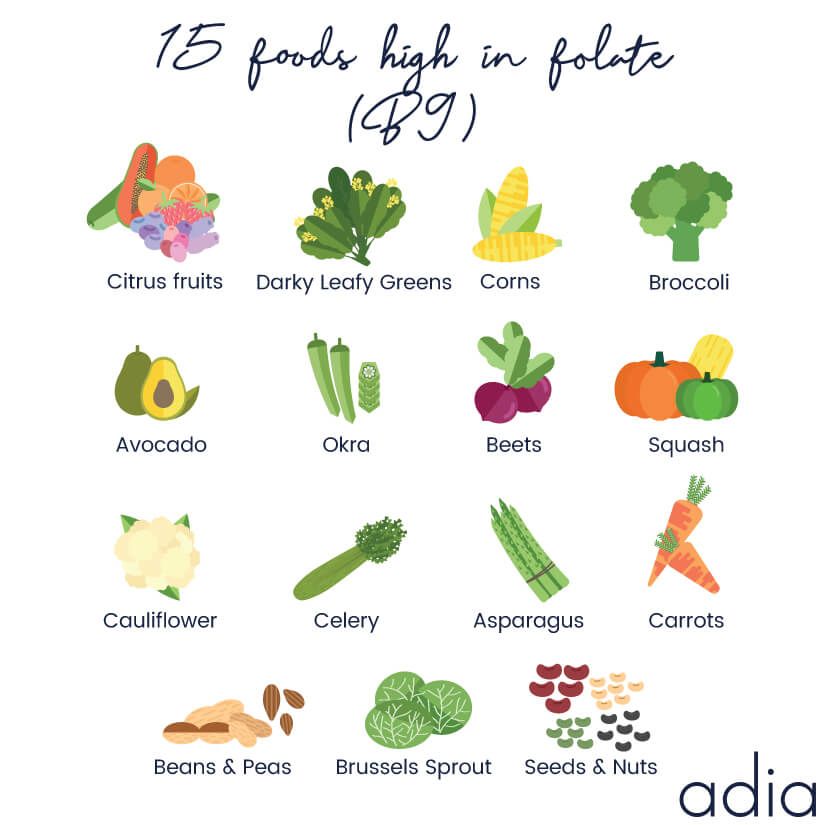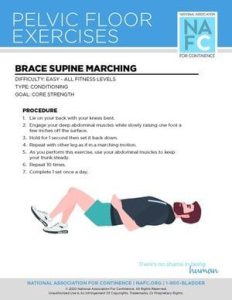Fertility-friendly diet plans for women

When it comes to boosting fertility, maintaining a healthy diet plays a crucial role. A well-planned diet can promote hormonal balance, support egg quality, and improve overall reproductive health. In this article, we will explore some effective fertility-friendly diet plans specifically designed for women.
1. Focus on Whole Foods
The foundation of any fertility-friendly diet plan starts with whole, unprocessed foods. Opt for fresh fruits, vegetables, whole grains, lean proteins, and healthy fats. These nutrient-rich options provide essential vitamins, minerals, and antioxidants necessary for reproductive health.
2. Include Folate-Rich Foods
Folate, or vitamin B9, is essential for promoting fertility and preventing birth defects. Include folate-rich foods such as leafy greens, legumes, citrus fruits, and fortified grains in your daily diet. Alternatively, a doctor might recommend a folate supplement to ensure adequate intake.
3. The Power of Antioxidants
Antioxidants help reduce cellular damage caused by oxidative stress, which can interfere with fertility. Berries, nuts, seeds, green tea, and colorful vegetables are excellent sources of antioxidants. Including these in your diet may improve egg quality and increase the chances of successful fertilization.
4. Choose Healthy Fats
Incorporating healthy fats into your diet is vital for hormone production and balance. Opt for monounsaturated and polyunsaturated fats found in avocados, olive oil, nuts, and fish. Avoid trans fats often present in processed and fried foods, as they can negatively impact fertility.
5. Prioritize Lean Protein
Protein is crucial for egg development and overall reproductive health. Choose lean sources of protein, including poultry, fish, tofu, legumes, and dairy products low in saturated fat. Plant-based protein options are ideal for vegetarians or vegans.
6. Embrace Complex Carbohydrates
Complex carbohydrates provide a steady supply of energy and help regulate insulin levels. Opt for whole grains, such as quinoa, brown rice, and whole-wheat bread. Avoid refined carbohydrates and sugary foods, as they can negatively impact fertility and lead to hormonal imbalances.
7. Don’t Forget Iron
Adequate iron levels are crucial for a healthy menstrual cycle and maintaining optimal fertility. Include iron-rich foods like lean red meat, spinach, beans, and fortified cereals in your diet. For better absorption, consume vitamin C-rich foods alongside iron sources.
8. Hydration is Key
Staying hydrated is often overlooked but essential for fertility. Drink plenty of water throughout the day to maintain optimal cervical mucus production and support a healthy reproductive system. Limit your intake of sugary beverages and caffeine, as they can hinder fertility.
Conclusion
Adopting a fertility-friendly diet plan can significantly enhance your chances of conceiving. By focusing on whole, nutrient-dense foods and incorporating essential vitamins and minerals, you are providing your body with the proper fuel for optimal reproductive health. Consult with a healthcare professional or a registered dietitian to create a personalized diet plan tailored to your individual needs and goals.






